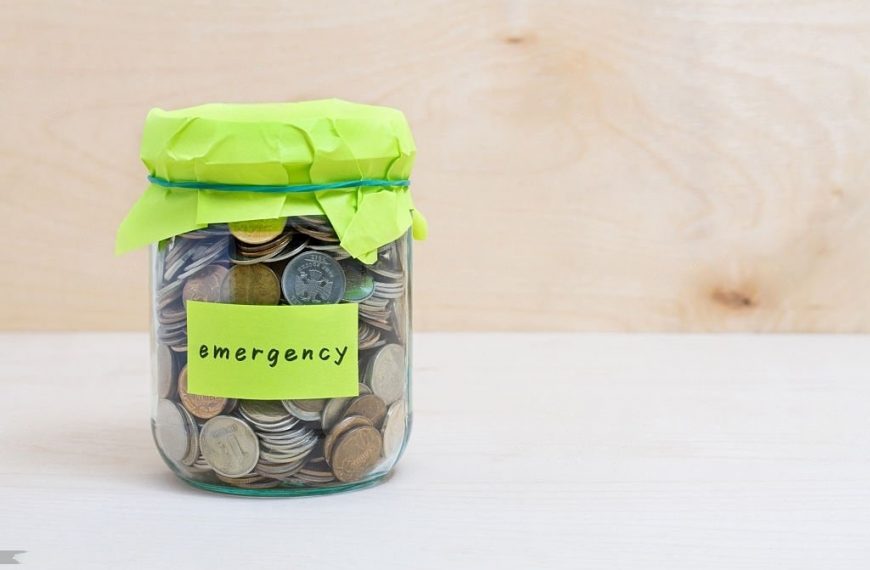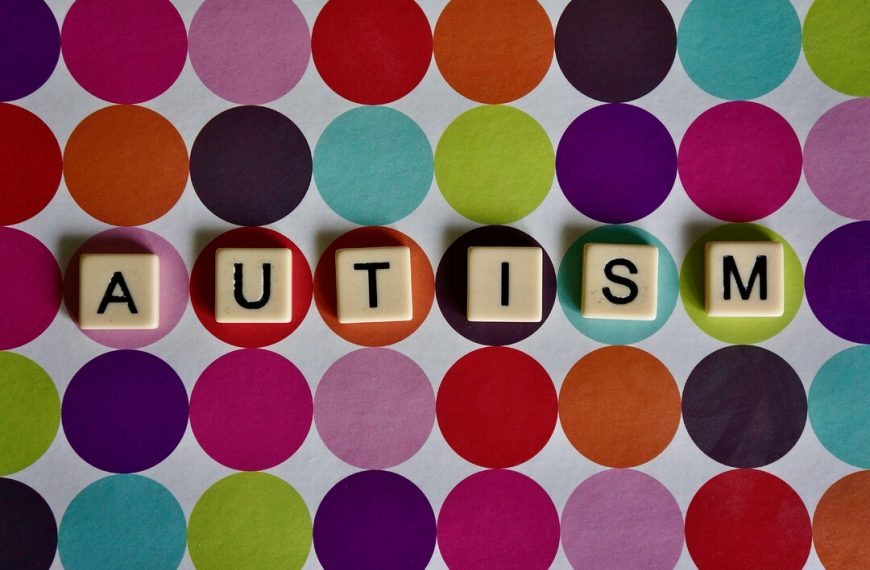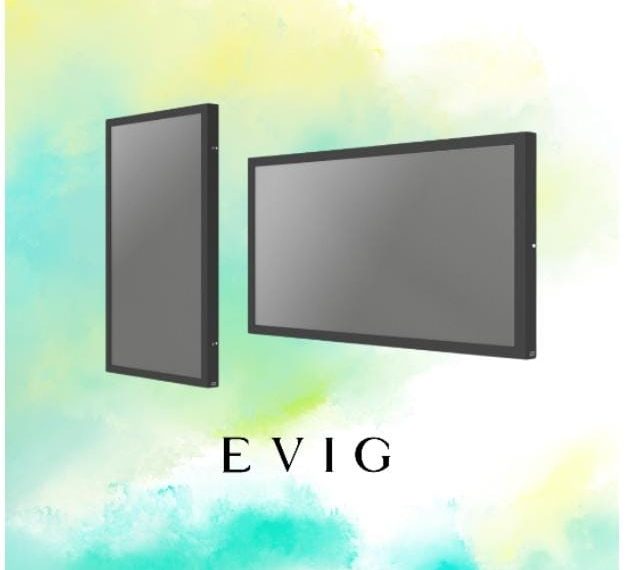Taking care of homes and apartments can be quite challenging because some rules and regulations need to be adhered to. In the United States, there are several families, over 44 million, who prefer renting their homes. It is crucial to ensure compliance, with all the rules if you want to excel in this field.
This blog post aims to assist property managers in understanding the regulations they must follow for success.
The Cornerstone: Crafting Legally Binding Lease Agreements
The foundation of the landlord-tenant relationship lies in lease agreements, which experienced a 59.6% prevalence of 12-month contracts from January to June 2022.
To gain an understanding refer to the chart
Key elements include;
- Tenant names and rental location
- Duration and terms of tenancy
- Clauses addressing pets, subletting, smoking, etc.
- Rights and responsibilities of both parties
The table provided below summarizes the crucial sections that must be included in lease agreements;
| Section | Details |
| Parties | Identities and contact information |
| Property | Address, unit number, size, etc. |
| Terms | Duration, rent amount and due date, grace period, etc. |
| Signatures | E-signatures of landlord and tenant(s) |
Health and Safety – Top Priority
While agreements establish ground rules, health and safety compliance remains key for tenant well-being.
This covers
- Building codes relating to structural integrity, fire safety, mold prevention, etc. Regular inspections by certified professionals help ensure buildings meet codes.
- Property condition standards are enforced by local authorities. Properties must pass routine municipal inspections checking for safety issues.
- Lead paint, asbestos, and mold mitigation. Older properties may contain hazardous materials requiring professional remediation as per EPA guidelines.
For instance, let’s take a look at a bustling city like Los Angeles. With its diverse and vibrant community, ensuring health and safety compliance is crucial for the well-being of residents and the reputation of property management in Los Angeles. In a city known for its dynamic lifestyle and cultural richness, maintaining top-notch safety standards is paramount.
Navigating the Financial Landscape
Money and taxes are important in property management, and they are connected in a few different ways:
- You have to pay income tax on the money you earn from renting out homes or apartments. It’s super important to keep good records of how much rent you collect and other financial stuff so you can do your taxes correctly.
- You also have to pay property taxes every year. If you don’t pay them on time, you might have to pay extra fees. Sometimes, you can make your tenants help you pay these taxes as part of their lease agreement.
- Keeping good financial records is a must. You need to keep track of how much money you make and spend, like rent payments, bills, and more. This helps with taxes, insurance claims, and getting loans if you need them. Using computer software can make this easier.
- The COVID-19 pandemic showed how important money and finances are in property management. Some places had rules that made it hard to evict tenants who couldn’t pay rent, so property managers had to change their plans. Some government programs helped make up for lost rent money. It’s also a good idea to use technology to collect rent and keep track of what’s owed.
- Planning your budget, figuring out what money to spend on important things, like fixing up the property, and looking at how much rent you can charge are all part of managing money well. It’s a good idea to get advice from accountants or financial advisors, and getting certifications in real estate finance can help you be a better property manager.
The centrality of Property Maintenance
Taking care of property maintenance is akin, to solving a puzzle that holds importance in property management. It is a responsibility that 80% of property managers have to handle. Let’s delve into the tasks they need to undertake;
- Regular inspections of the building are essential every month to identify and address any issues before they escalate. Such problems may include leaks, malfunctioning appliances, or inadequate air circulation.
- Prompt resolution of repair requests or emergencies is paramount. Property managers may. Handle the repairs themselves. Enlist the assistance of professionals in areas like plumbing, electricity, or heating.
- Ensuring the building’s compliance with safety regulations set by the government becomes a part of their role. This includes adhering to fire safety protocols preventing mold growth and meeting rules.
- Maintaining a secure environment for all residents forms an aspect of their responsibility, in fostering a comfortable community.
Taking care of the property this way helps reduce risks and keeps the people who live there happy. If they don’t do it, there could be injuries, legal problems, empty apartments, and a bad reputation. So, property managers need to plan and budget for maintenance and make sure it’s done right.
Security Deposits – A Double-Edged Sword
To handle security deposits properly it is important to exercise caution by;
1. Collecting amounts, as deposits.
2. Storing them in escrow accounts.
3. Establishing procedures for returning the deposit or making deductions.
4. Providing assessments for damages or cleaning charges.
5. Including evidence when
Slight deviations, from state regulations can lead to conflicts. Adhering to standardized and ethical practices is necessary.
Best Practices = Risk Mitigation
Compliance is intricate but vital. Strategic best practices include:
- Regular compliance reviews using checklist templates
- Seeking updated information from resources like:
- Trade associations
- Legal blogs
- Government portals
- Software systems that centralize documentation
- Outsourcing to experts for complex processes like taxes
Staying abreast of evolving regulations is pivotal – ignorance breeds noncompliance.
Preventing Discrimination Against Tenants
Fair housing laws at federal, state, and local levels make discrimination based on race, gender, religion, national origin, or family status illegal when renting properties. Strict penalties apply for non-compliance.
Key aspects include:
- Allowing service/emotional support animals regardless of pet policies
- Providing the same terms and privileges to all tenants
- Never asking about things like family plans during the screening
- Accommodating those with disabilities
Documenting interactions and using standardized processes is key.
Key Takeaways on Property Management Compliance
- Make sure to follow all the rules and regulations mentioned in the lease agreements to establish terms and conditions.
- Give priority to maintaining health and safety standards by conducting regular maintenance checks and inspections.
- Handle your finances responsibly including taxes maintaining records and implementing collection strategies.
- Adopt procedures, for handling security deposits to minimize any disputes.
- Stay up to date with any regulatory changes by engaging in education and learning.
- Thoroughly document all communication with tenants as property assessments.
- Consider seeking help from professionals or experts for tasks like taxes or inspections if needed.
- Utilize centralized software systems and checklists to streamline monitoring processes.
- Approach tenant concerns with empathy and openness ensuring a response, at all times.
- Always keep the aspect at the forefront of your interactions and decision-making when dealing with properties.
Common Pain Points Clarified
Here are some common questions related to compliance;
1. How do you ensure a lease is legally binding?
To make a lease legally binding it should include details, like the property address, tenant names and clear terms regarding duration, rent and usage. Signatures from both parties demonstrate their acceptance of the agreed upon terms.
2. How can managers stay updated on safety regulations?
To stay informed about safety regulations managers can join trade associations, follow blogs keep up with software updates for management purposes and maintain communication with local authorities. These measures help ensure compliance as regulations may change over time.
3. Whats the recommended approach for handling security deposits?
To handle security deposits effectively it’s important to maintain records. This includes having detailed evidence of the property condition before and after tenancy conducting written property assessments and keeping records of how the deposit was used. These practices promote transparency when resolving any deposit-related disputes.















